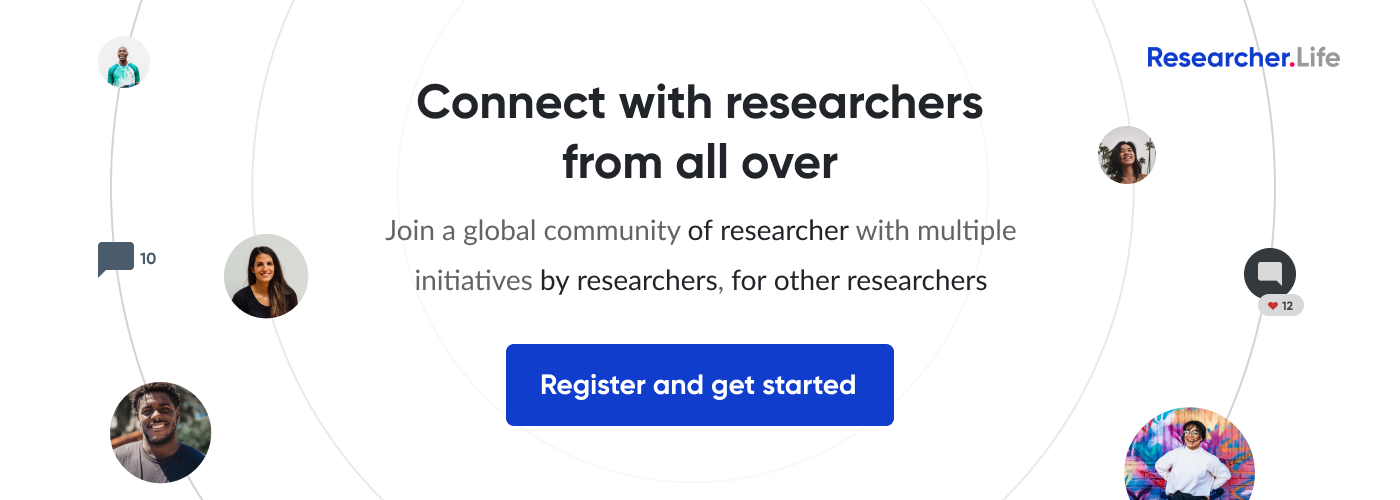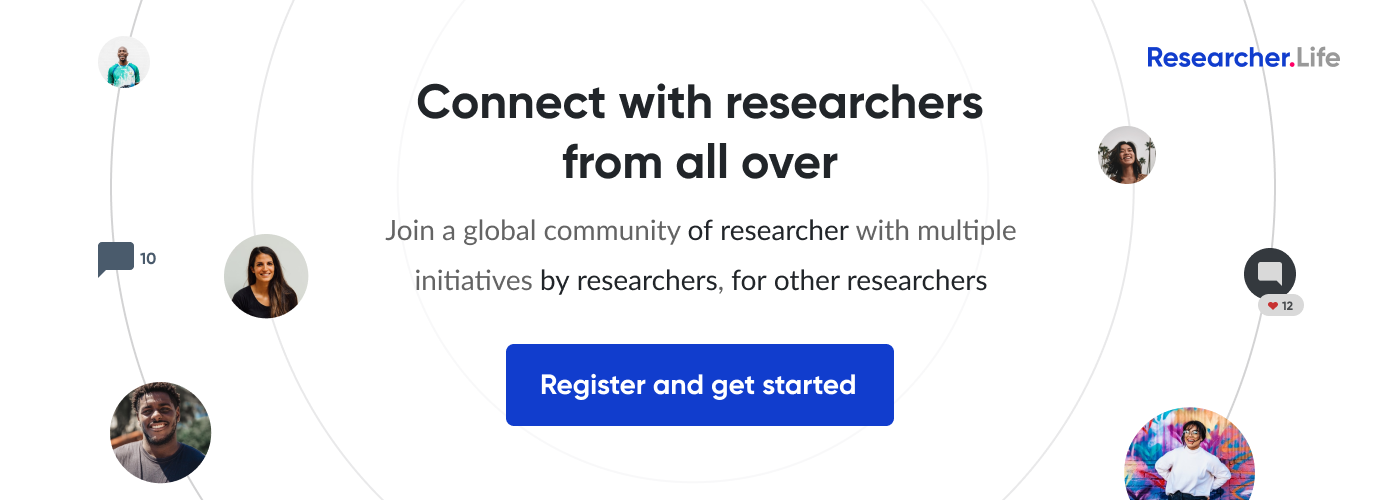Top 10 problems that bothered researchers in 2014

It’s that time of the year again, when we take a pause, look back, and reflect on how the year has been for us. The Editage Insights team has been busy throughout the year, answering researchers' questions and providing his guidance to those in need. A variety of questions have been pouring in throughout the year - questions related to different aspects of academic publishing, such as the submission process, publication ethics, manuscript status, manuscript preparation, peer review, and communication with journals. This is, therefore, the perfect time for us to look back at these questions and form a view of some of the prime concerns that bothered researchers in the year 2014.
Here are the top 10 questions addressed to the Editage Insights Q&A forum, with a gist of the answers. Read the original Q&A for the complete answer.
1. How should I revise my paper so that it clears plagiarism check at the journal end?
It can sometimes be very difficult for non-native speakers of English to paraphrase or summarize ideas that they borrow from other sources. This often leads to rejection as a result of plagiarism check. We suggest some ways to address this problem.
2. Can a conference paper be submitted to a journal?
A conference paper is just a preliminary announcement of the study, and it is possible to develop it into a full-fledged journal article by revising it to include details. This may require you to change the title and make enhancements based on the feedback you received at the conference.
3. Why I should select preferred reviewers and how I should do it?
Many journals ask for a list of preferred reviewers it is often difficult to find suitable reviewers who would be qualified to review the paper and who would not have any bias toward or against the author. Preferred reviewers should never be selected at random. Keep certain essential points in mind when selecting preferred reviewers.
4. Disclosure of conflicts of interest: what do journals expect from authors?
Authors are often confused by a journal’s request for disclosure of conflicts of interest. This answer explains when a potential conflict of interest can occur and what authors are expected to include in the statement of disclosure of conflicts of interest.
5. Can I cite a paper that has been accepted but not yet published?
It is okay to cite a paper that has been accepted but not yet published. Generally for such papers, the term “in press” should be used after the title in the reference list. However, if your article relies heavily on an unpublished paper, it can be a good idea to include the paper in the supplementary material.
6. Will my manuscript be considered as a duplicate or simultaneous submission?
When you decide to withdraw your paper from a journal, you should wait for a confirmation of withdrawal before you submit the manuscript to anther journal. Submission to a second journal without a confirmation of withdrawal from the first is unethical, and your paper can be considered as a simultaneous or duplicate submission.
7. What do the terms “lead author” and “co-author” mean?
In a research paper with multiple authors, the lead author is someone who takes overall responsibility while a co-author can be anyone who fulfils the specified criteria for authorship. We clarify the responsibilities of the lead author and co-author.
8. Why does the status date of a submission change periodically though the status remains unchanged?
We explain that periodic changes in the status date without any change in the current status could possibly mean that the database is being checked by the editor from time to time. However, the current status is the same because the manuscript is going through the same stage in the publication process. Once this stage is completed, the current status will be updated.
9. The results of my published research are now being refuted. What should I do?
Errors do happen in science, and if you feel the error which has been pointed out could be true, it is best to write to the journal editor about it. If it is a minor error, it could be corrected through an erratum or corrigendum.
10. Can I use one part of my submitted paper and develop it into another paper?
Breaking up a study just for the sake of increasing the number of publications is an unethical practice and is referred to as salami slicing or data fragmentation. However, if your study has a secondary finding that can be analyzed and developed into a new study, it is possible to do so, provided the topic and focus are completely different from the first study.
We’re sure this article must have answered some of your questions too. If you have any other question that’s been bothering you or if you are faced with a confusing situation, you can post your question here. Our team of publication experts will soon get back to you.
The Editage Insights team wish all our readers a very Happy New Year and the best for 2015! See you next year!
Published on: Dec 31, 2014
Comments
You're looking to give wings to your academic career and publication journey. We like that!
Why don't we give you complete access! Create a free account and get unlimited access to all resources & a vibrant researcher community.














